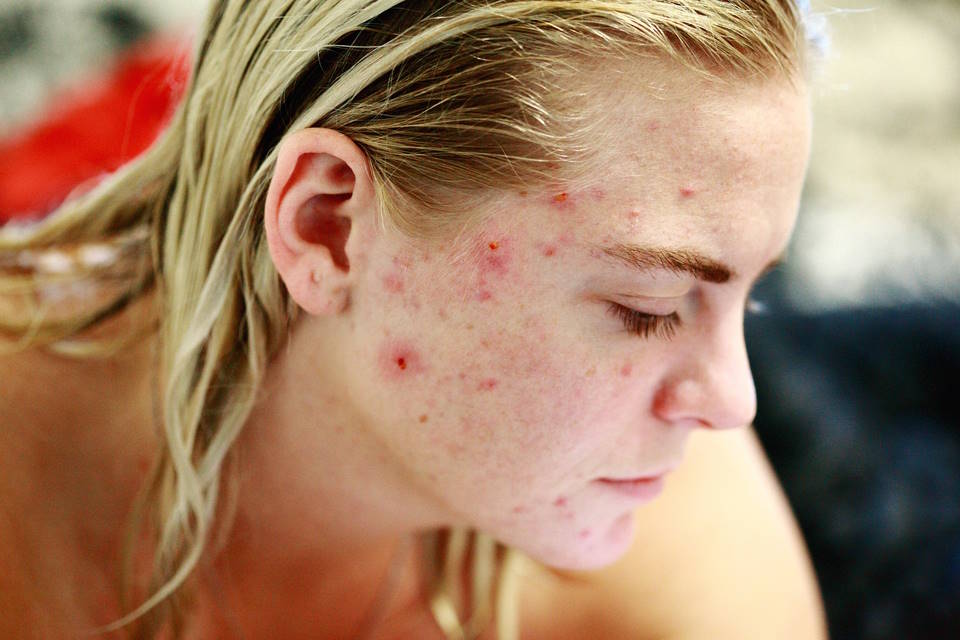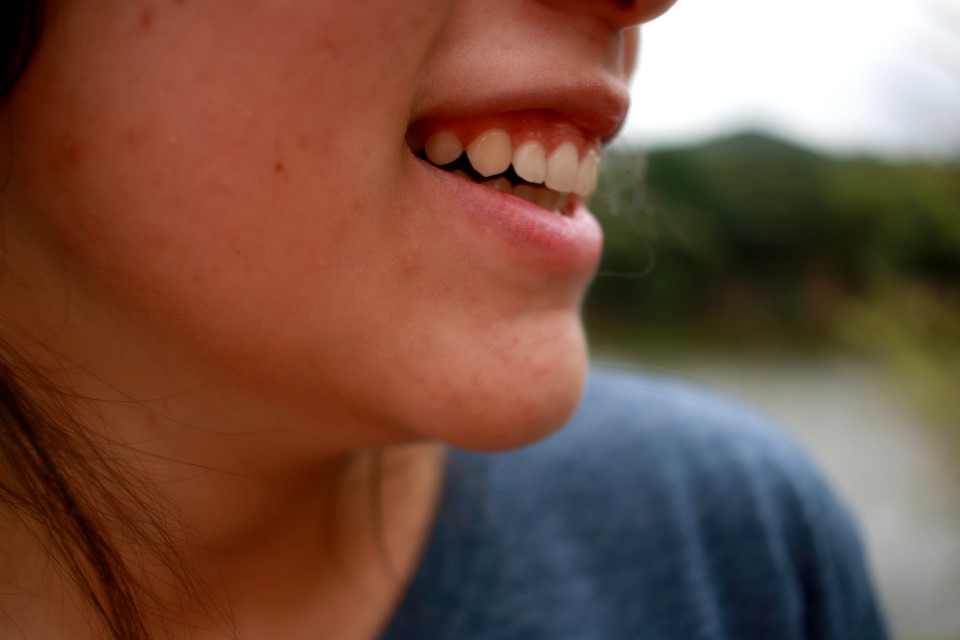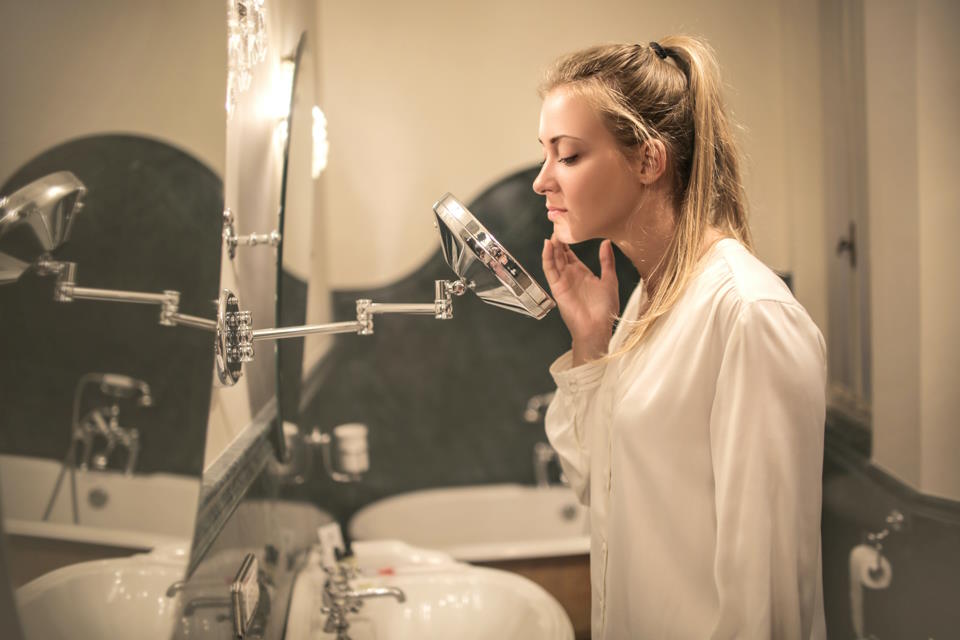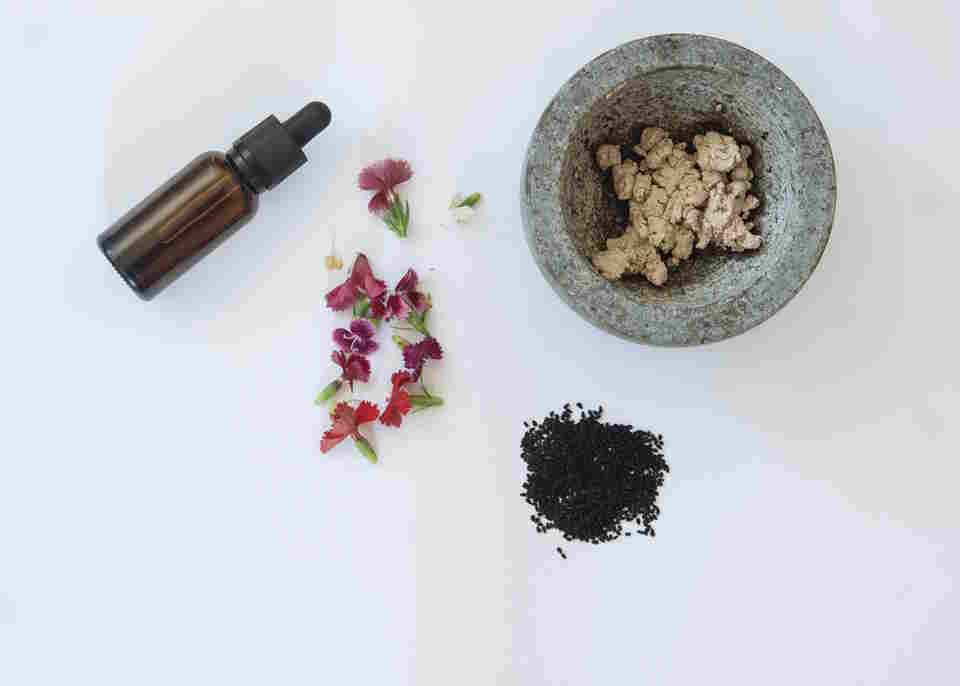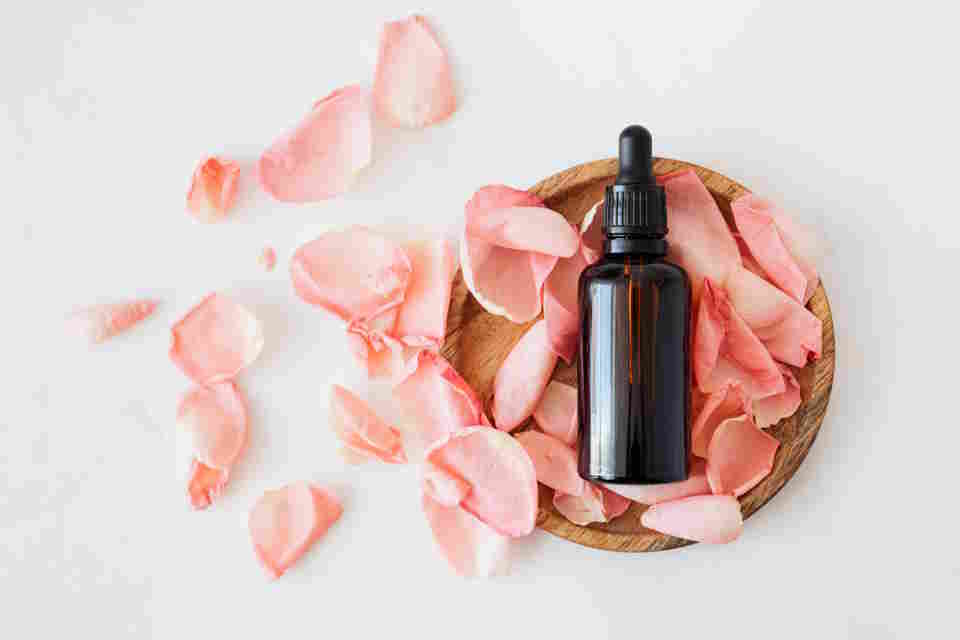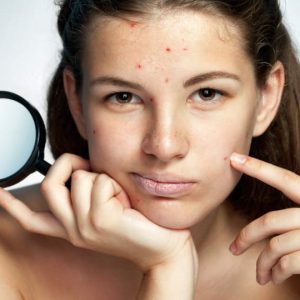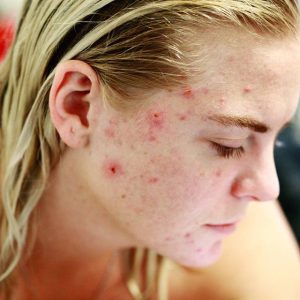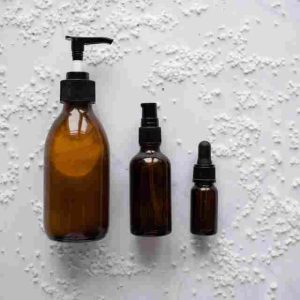Ashwagandha, also known as Indian ginseng, is an ancient medicinal herb known for its potential health benefits. It is commonly used to reduce stress, anxiety, and depression, improve mood, boost brain function, and enhance physical performance. However, some people have concerns about its effects on skin health, including the potential to cause acne. We will explore whether ashwagandha can cause acne, its overall effects on skin conditions, major side effects, and who should avoid it. So, if you’re curious about this powerful herb, keep reading.
Introduction
Ashwagandha is a popular herb used in traditional medicine for its health benefits. However, it is also important to understand the potential side effects of taking this herb. One question that often arises is whether or not ashwagandha can cause acne.
While there is no direct evidence to suggest that ashwagandha causes acne, there are some possible ways it could indirectly contribute to acne development. Ashwagandha has been known to increase testosterone levels, which in turn can increase the production of sebum, a type of oil that can clog pores and lead to breakouts. Additionally, ashwagandha can have an impact on cortisol levels, which can also contribute to acne flare-ups.
It is important to note that not everyone will experience these side effects and that they may vary depending on individual differences in hormone and cortisol levels. Those who are already prone to acne or have a history of acne may want to exercise caution in taking ashwagandha or speak with their doctor before starting to take it.
- If you do decide to take ashwagandha and notice an increase in acne, it may be a good idea to stop taking the herb and speak with your doctor or a dermatologist about alternative treatments for your health concerns.
- Other factors such as stress, diet, and skincare routine can also be contributing factors to acne, so it is important to take a holistic approach to managing this condition.
| Dosage Recommendation | Formulation | Frequency |
|---|---|---|
| 600-1200 mg | Ashwagandha Powder | Once or Twice Daily |
| 1-6 grams | Ashwagandha Root | Once or Twice Daily |
| 240-500 mg | Ashwagandha Extract | Once or Twice Daily |
While there is no direct evidence to suggest that ashwagandha causes acne, it is important to understand how it can potentially impact hormone and cortisol levels, which may indirectly contribute to breakouts. Those who are prone to acne or have a history of the condition may want to exercise caution when taking ashwagandha and speak with their doctor before starting to use it.
What Are the Major Side Effects of Ashwagandha?
Ashwagandha is a popular herb known for its health benefits. It has been used in Ayurvedic medicine for centuries to treat a range of conditions, including stress, anxiety, and depression. Along with its medicinal properties, it also has some potential side effects that everyone needs to know. We will look into the major side effects of Ashwagandha.
1. Gastrointestinal Side Effects: Some people may experience gastrointestinal side effects after taking Ashwagandha. These side effects may include diarrhea, constipation, and stomach upset. These symptoms are usually mild and go away on their own. However, it is advisable to consult a doctor if the symptoms persist.
2. Blood Sugar Control: Ashwagandha has been shown to help lower blood sugar levels, which is good news for people with diabetes. But for those who are not diabetic, taking ashwagandha may cause a sudden drop in blood sugar level, leading to hypoglycemia. It is important to monitor your blood sugar levels closely if you take ashwagandha supplements.
3. Hormonal Imbalance: Ashwagandha is known to have an effect on hormone levels. It may increase the levels of certain hormones, such as testosterone and thyroid hormone, and it may also interfere with the hormonal balance of the body. In women, ashwagandha may disrupt the menstrual cycle, and in men, it may cause a decrease in sperm count. Hence, it is advisable to consult a doctor before taking ashwagandha supplements if you have any hormonal issues.
| 4. Interference with Medications: | Ashwagandha may interfere with medications like immunosuppressants, sedatives, and blood-thinning drugs. It is important to talk to your doctor or pharmacist before taking ashwagandha supplements if you are taking any prescription medications. |
It is important to note that these side effects are rare, and most people can take ashwagandha without any problems. However, if you experience any of these side effects, it is important to stop taking ashwagandha and consult a doctor. It is also essential to buy ashwagandha supplements from reputed brands and follow the recommended dosage to avoid any potential side effects.
Is Ashwagandha Good for Skin Conditions?
Ashwagandha is an ancient medicinal herb that has been used for centuries to treat numerous ailments, particularly in Ayurvedic medicine. One of the most common uses for ashwagandha is for skin conditions, such as acne, eczema, and psoriasis. Many have claimed that using this herb can help alleviate skin problems and improve the overall health of the skin.
So, is ashwagandha really good for skin conditions? The answer is yes, ashwagandha has some properties that may be beneficial for the skin. For example, it contains potent antioxidants that help protect the skin from damage caused by free radicals. Additionally, ashwagandha has anti-inflammatory properties that can help soothe irritated skin and reduce inflammation.
Furthermore, ashwagandha can also help regulate hormones, which can have a positive effect on the skin. Hormonal imbalances are often a contributing factor to many skin problems, including acne. By helping to balance hormones, ashwagandha may help reduce acne breakouts and improve the overall health of the skin.
- However, it is important to note that while ashwagandha may be beneficial for some skin conditions, it may not be suitable for everyone.
- Those who have certain medical conditions or are taking certain medications should consult with their doctor before taking ashwagandha.
- Additionally, some people may experience side effects from taking ashwagandha, such as upset stomach, diarrhea, and nausea.
Overall, the benefits of ashwagandha for skin conditions seem promising, but more research is needed. So, if you are considering using ashwagandha for your skin, it is important to speak with a healthcare professional first to see if it is right for you.
| Pros of using ashwagandha for skin: | Cons of using ashwagandha for skin: |
|---|---|
| Contains antioxidants that can protect skin from free radical damage | May not be suitable for everyone |
| Has anti-inflammatory properties that can soothe irritated skin and reduce inflammation | May cause side effects such as upset stomach, diarrhea, and nausea |
| May help regulate hormones and reduce acne breakouts | More research is needed to fully understand its effects on skin |
Does Ashwagandha Mess With Hormones?
Have you been hearing about Ashwagandha and its potential health benefits? This ayurvedic herb is gaining popularity in the Western world for its ability to relieve stress and anxiety. However, with its increasing use, questions have arisen about its possible side effects. Some individuals may be wondering if taking Ashwagandha can mess with their hormones. We will explore this topic in more detail.
First off, it is important to note that Ashwagandha has not been shown to directly mess with hormones. In fact, some studies have shown that it may even help to balance hormone levels in the body. For example, one study found that Ashwagandha supplementation helped to increase testosterone levels in men with low testosterone.
- Despite this, some individuals may experience hormonal changes while taking Ashwagandha. This is because stress and anxiety can both have a significant impact on hormone levels. As Ashwagandha is primarily used to reduce stress and anxiety levels, it is possible that the herb may indirectly affect hormone levels.
- If you have a pre-existing hormone condition, it is important to speak with your healthcare provider before taking Ashwagandha. This is especially true if you are taking any medications or supplements that may also affect your hormones.
| Some potential hormone-related side effects of Ashwagandha may include: |
|---|
| Changes in menstrual cycle |
| Decreased fertility |
| Changes in libido |
It is also important to note that the potential hormonal effects of Ashwagandha are not well-studied in women who are pregnant or breastfeeding. Therefore, it is best to avoid taking Ashwagandha if you fall into one of these categories.
While Ashwagandha has not been shown to directly mess with hormones, it may indirectly affect hormone levels in some individuals. As with any supplement, it is important to speak with your healthcare provider before starting to take Ashwagandha if you have any pre-existing hormone conditions or are taking any medications or supplements that may also affect your hormones.
Who Should Avoid Ashwagandha?
Ashwagandha has been used in traditional Ayurvedic medicine for centuries to treat a variety of ailments, including stress and anxiety. Recently, it has gained popularity in the Western world as a natural supplement for various health concerns. However, while ashwagandha may be beneficial for some, it may not be suitable for everyone. We will explore who should avoid ashwagandha.
Pregnant or breastfeeding women: If you are pregnant or breastfeeding, it is best to avoid ashwagandha. Although there is limited research on its effects on pregnant and breastfeeding women, it is recommended to err on the side of caution and avoid it altogether.
Those with autoimmune diseases: Ashwagandha has been shown to stimulate the immune system, which could potentially exacerbate symptoms of autoimmune diseases such as rheumatoid arthritis, lupus, and multiple sclerosis. If you have an autoimmune disease, it is best to speak with your healthcare provider before taking ashwagandha.
People with thyroid disorders: Ashwagandha has been found to have thyroid-stimulating effects. While this may be beneficial for those with hypothyroidism, it could be harmful for those with hyperthyroidism. If you have a thyroid disorder, it is best to speak with your healthcare provider before taking ashwagandha.
Individuals taking certain medications: Ashwagandha may interact with certain medications, including immunosuppressants, thyroid hormone replacements, and sedatives. If you are taking any medication, it is best to speak with your healthcare provider before taking ashwagandha.
People with low blood pressure: Ashwagandha has been found to have hypotensive effects, meaning it may lower blood pressure. While this may be beneficial for some, those with low blood pressure should use ashwagandha with caution or avoid it altogether. If you have low blood pressure, it is best to speak with your healthcare provider before taking ashwagandha.
| Final Words |
|---|
| Ashwagandha is generally considered safe for most people when taken in recommended dosages. However, as with any supplement or medication, it is important to speak with your healthcare provider before taking it, especially if you fall into any of the categories mentioned above. By doing so, you can ensure that ashwagandha is safe for you to use and potentially reap its benefits. |
